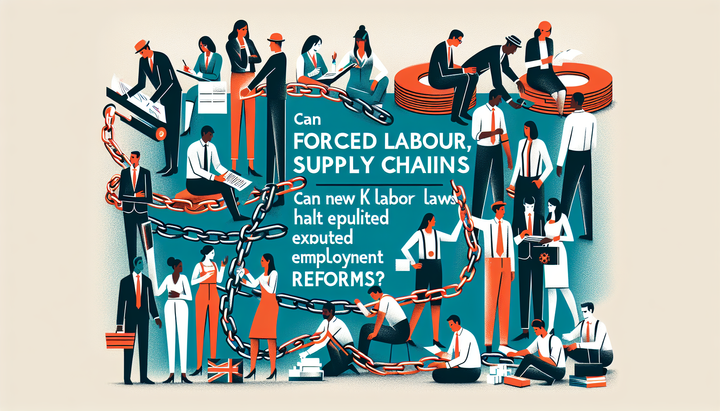Meta Platforms Shifts Focus to Community-Based Content Moderation on Facebook and Instagram

Meta's New Approach to Content Moderation
Meta Platforms, the technological behemoth behind social media giants Facebook and Instagram, is set to revamp its content moderation policies. This strategic pivot marks the moving away from third-party fact-checking in favor of 'community notes'—a system similar to that employed by X (formerly known as Twitter). Chief Executive Mark Zuckerberg emphasized the company's renewed commitment to free expression, highlighting the significance of fostering a platform where users are empowered to engage in open dialogue.
A Shift Towards Free Expression
The decision to phase out reliance on independent fact-checkers signals a fundamental shift in how Meta views and handles potentially controversial content. According to Zuckerberg, the prior system, though well-intentioned, hindered free speech by inadvertently censoring harmless content. He asserted that the new community notes model would democratize content evaluation, allowing users themselves to add context and clarity to posts through collaborative input.
Rolling Out the Community Notes System
The initial rollout of the community notes initiative is set to commence in the United States, with further plans for global implementation yet to be determined. This model relies on input from a diverse array of perspectives to address and potentially clarify contentious posts. By integrating the community directly into the fact-checking process, Meta aims to facilitate more nuanced discussions on its platforms, particularly around politically charged topics.
Undoing Policy Restriction Creep
In tandem with the rollout of community-driven moderation, Meta plans to retract various restrictive policies that have, in Zuckerberg's view, stifled vital political discourse. Policies on sensitive subjects such as immigration, gender, and identity will see fewer constraints, aligning online dialogue more closely with what is permissible in public forums such as television and legislative debates. These changes are expected to create a more inclusive environment for a range of opinions and discussions.
Implications for the Social Media Landscape
This strategic pivot occurs as the tech industry braces itself for the inauguration of President-elect Donald Trump, a notable critic of Meta's past content moderation stance. Historically, Trump has criticized Facebook publicly, regarding its policies as adversarial. However, recent developments indicate a thaw in relations, with Zuckerberg himself visiting Trump at his Mar-a-Lago estate and Meta contributing $1 million to Trump’s inauguration fund.
Leadership Changes Reflect Meta’s New Direction
Adding to the landscape of change at Meta, Joel Kaplan, poised to replace Sir Nick Clegg as head of global affairs, represents an internal shift towards this new moderation ideology. Kaplan, known for his strong political acumen, is seen by both insiders and analysts as the linchpin for successfully executing these politically pivotal alterations within Meta's policy strategy.
A Cultural Tipping Point
The culmination of these developments suggests a cultural shift towards prioritizing free speech on digital platforms. In Zuckerberg’s words, the recent U.S. elections have precipitated a tipping point, catalyzing these changes. As Meta iterates its approach, it sets a precedent for other tech firms regarding the balancing act between user freedom and moderation responsibilities.



Comments ()